Understanding the difference between a simple subject and a complete subject can sometimes be confusing, but it’s actually quite simple once you break it down. In grammar, the subject of a sentence is the person, place, thing, or idea that the sentence is about.
The simple subject is the main word or words in the subject that tells who or what the sentence is about. It is the essential part of the subject and cannot be removed without changing the meaning of the sentence. On the other hand, the complete subject includes all the words that describe the main subject.
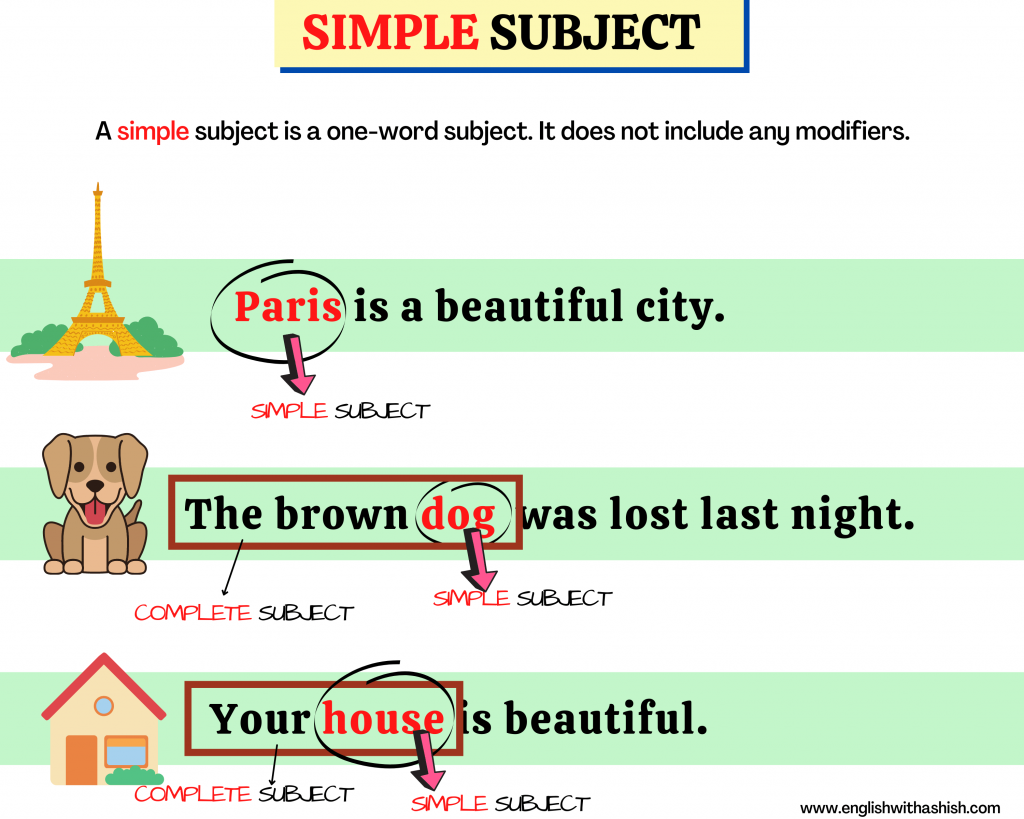
simple subject vs complete subject
Simple Subject vs Complete Subject
For example, in the sentence “The quick brown fox jumps over the lazy dog,” the simple subject is “fox,” while the complete subject is “The quick brown fox.” The simple subject is the essential part that the sentence is focusing on, while the complete subject provides more details about the subject.
Understanding the difference between the simple subject and the complete subject can help you construct clearer and more concise sentences. By identifying the main word or words that the sentence is about, you can ensure that your writing is more precise and focused.
So next time you’re writing a sentence, pay attention to the simple subject and complete subject to make sure your message is clear and well-defined. Remember, the simple subject is the essential part, while the complete subject includes all the words that describe the main subject.
By mastering the difference between the simple subject and complete subject, you can improve your writing skills and communicate more effectively. So keep practicing and soon you’ll be a pro at identifying the key elements of any sentence!
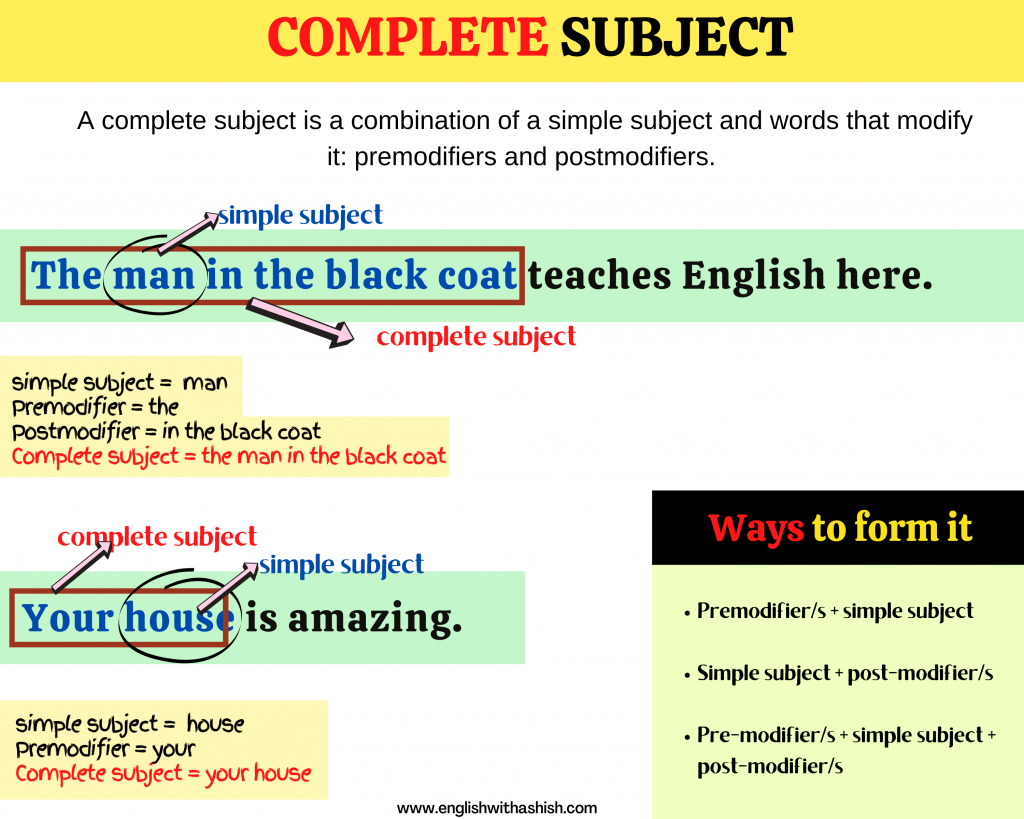
Complete Subject In English Definition Types And Examples
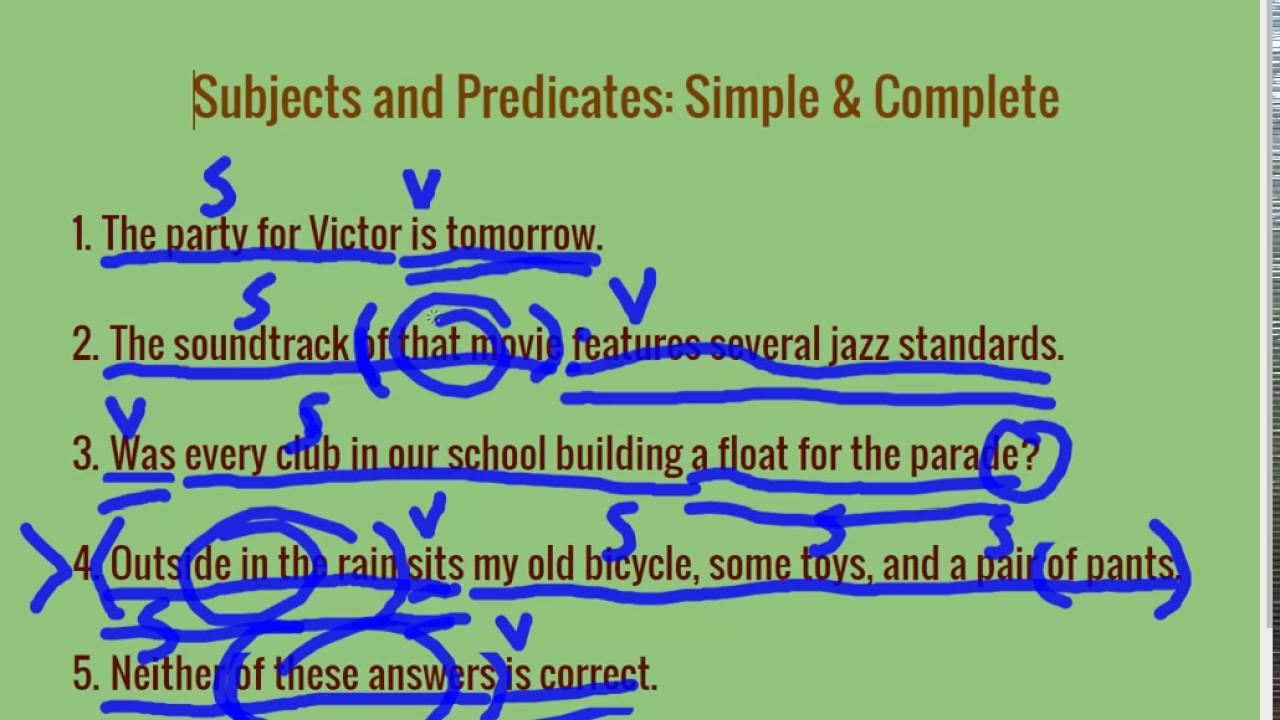
How To Subjects And Predicates Simple Complete YouTube
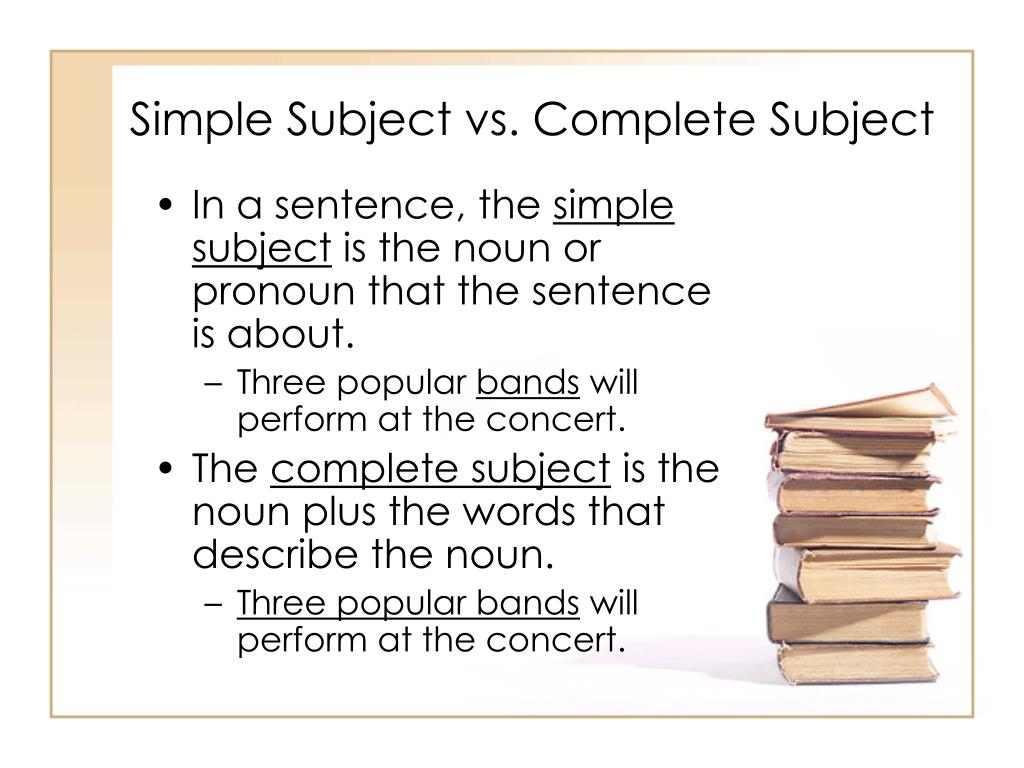
PPT Simple Sentences PowerPoint Presentation Free Download ID 6826084
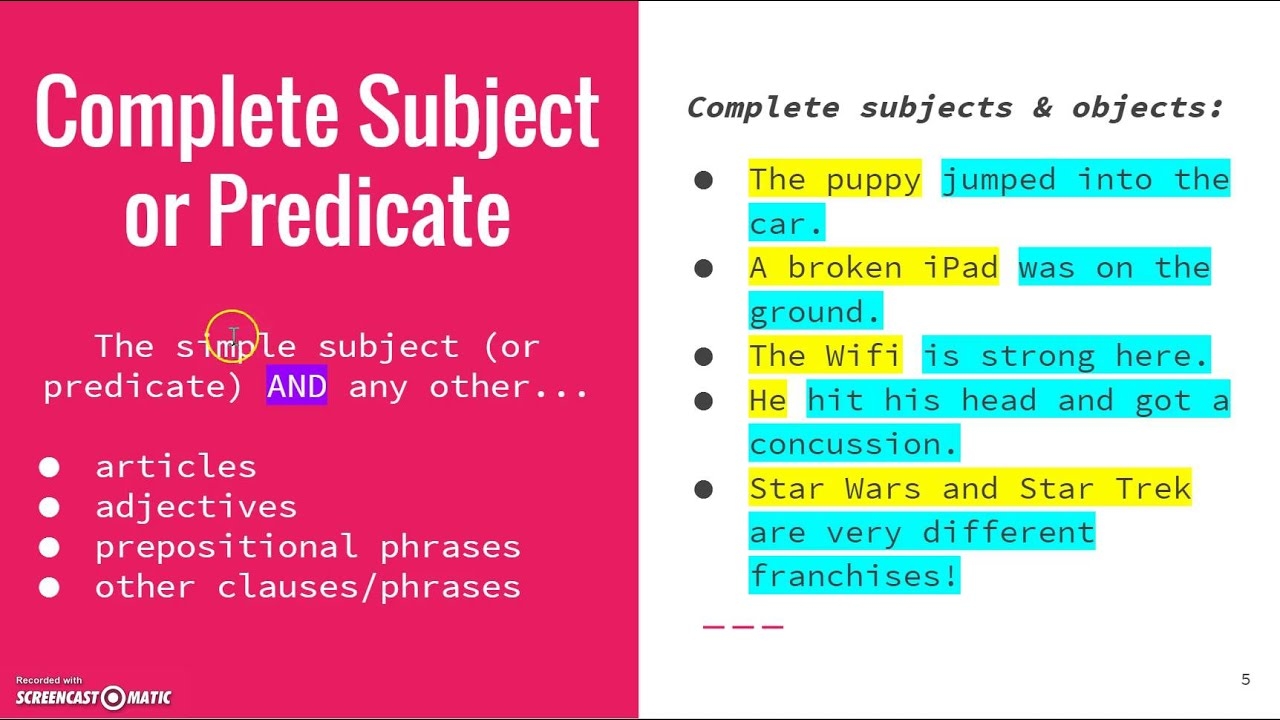
Subject And Predicate Writing Complete Sentences YouTube
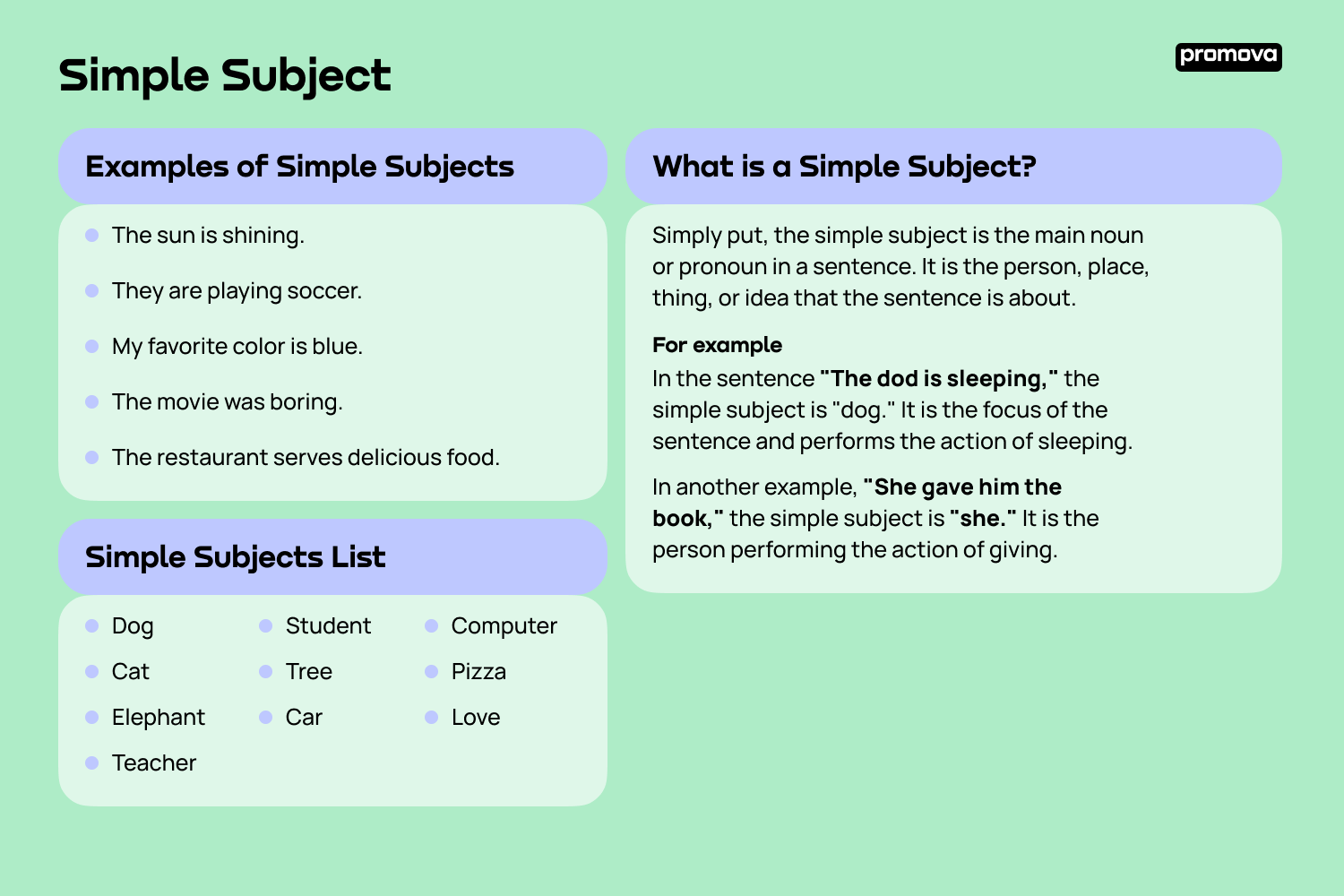
What Is A Simple Subject Examples Meaning Usage Promova Blog
